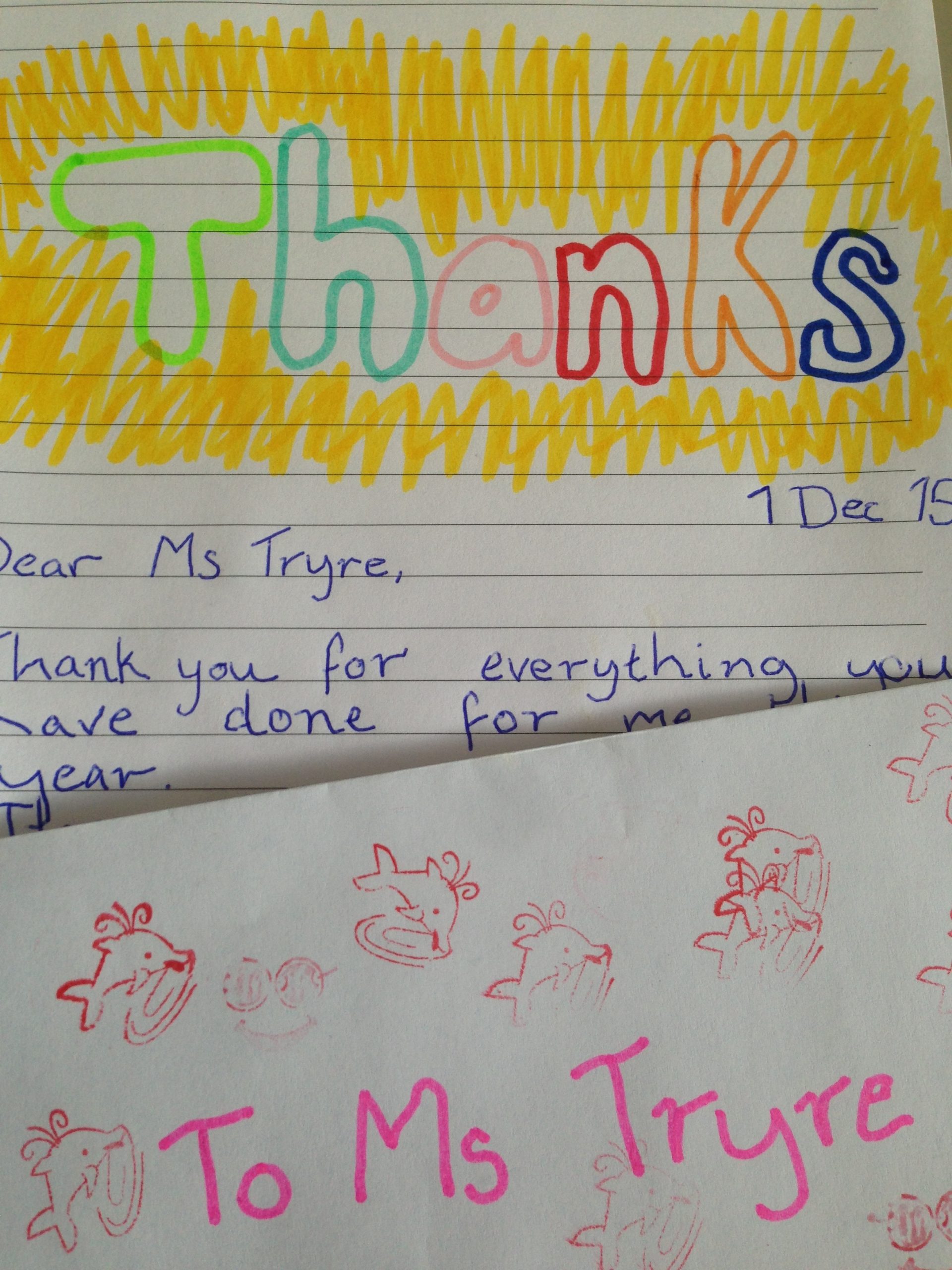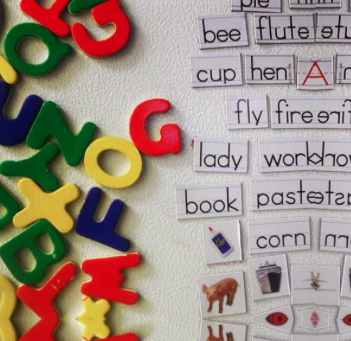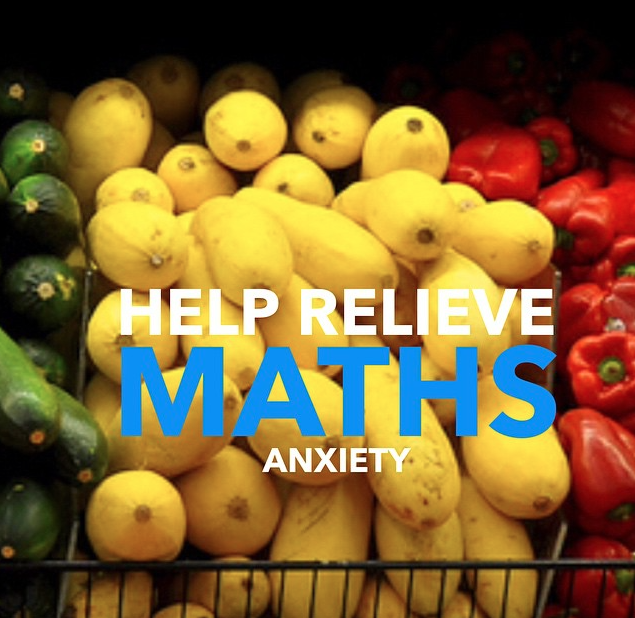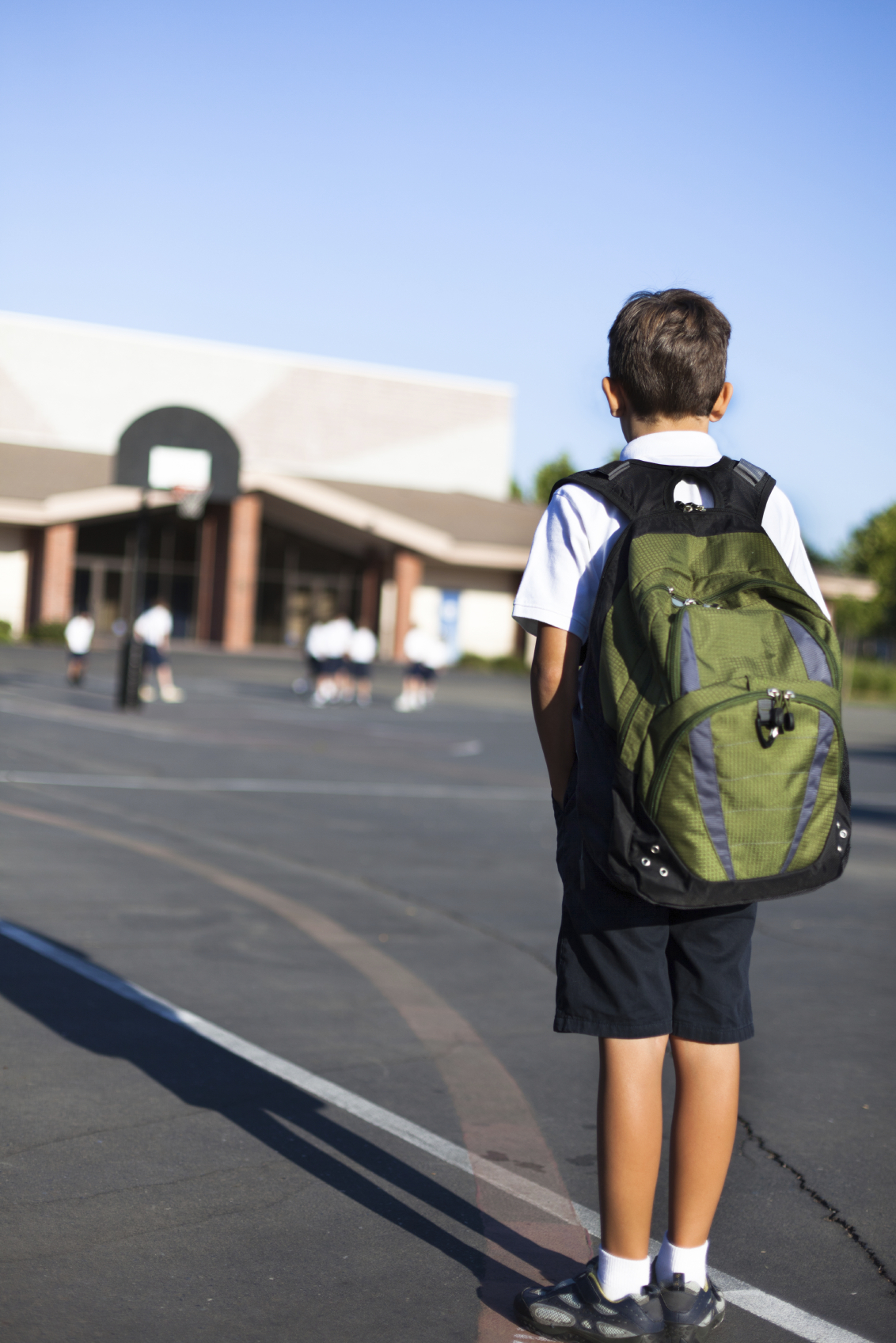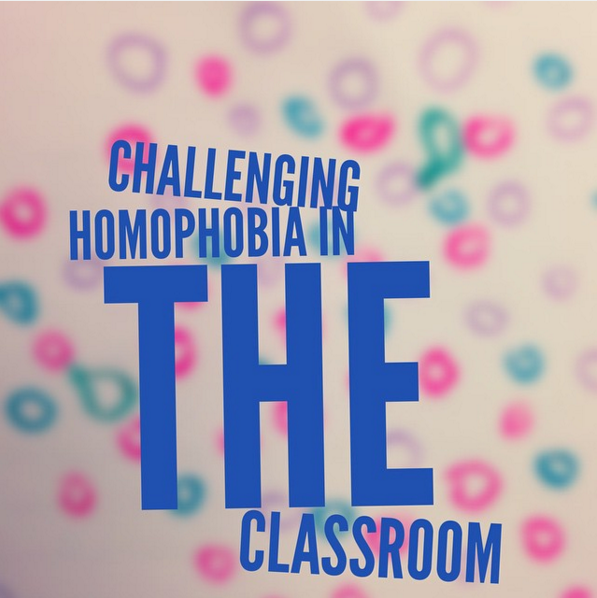Blogs
The importance of taking a break
When students engage in a task involving high concentration for an extended period of time, the brain’s messenger chemicals or neurotransmitters, like dopamine and serotonin, are depleted and they can experience ‘burnout’. As a result, new memories are unlikely to be stored effectively. Observe your students whilst they are engaged in an activity for a
Read morePlan ahead for meetings with parents
Be clear about the purpose of the meeting. Is it fact finding, information giving, or a mixture of these? Don’t walk into a meeting ‘cold’. Have some thoughts regarding the way forward, but be flexible and willing to listen. Make sure siblings are catered for by providing paper, pens, an iPad or toy box. It
Read moreMeeting the parents: Are you ready?
Face-to-face meetings with parents enable you to put names to faces, and are often the first step to developing great working relationships. Building rapport by identifying and discussing student strengths, interests, concerns and possible solutions early in the year can be reassuring to both you and parents. Most meetings early in the year focus on
Read moreBoost your relationships with students’ parents
Many schools experience issues around liaison with some ‘hard to reach’ parents. Sending notes home, leaving phone messages, waiting outside the room at student departure time, trying to chat at sports day, school approved home visits, arranging meetings via family workers or sending meeting reminders via Class Dojo are all techniques that can have some
Read moreFeel more prepared and confident for teaching this year
You’re probably already thinking about what 2016 might bring for you and your students, and planning your term 1 program. It can be helpful to review your successes from last year, and those things that didn’t go so well. This information can help you to plan, prepare and be confident about the year ahead, particularly
Read moreReflect on the year – write a letter
This is a great time for students (and teachers) to actively reflect on their year. Taking time to think about what has been achieved this year both academically and personally is a great way to help students feel a sense of competency and closure at this time of the school year. Self-reflection can also help
Read moreHow to talk to your students about the terror attacks in Paris
The Paris terror attacks that occurred on Friday night have left the international community reeling. Although Australia is geographically far from the attacks, theextensive media coverage means most, if not all of your students will have been exposed to what happened in some way. In addition, there are Australians visiting France who were injured or
Read moreStudents who can’t fall asleep at nights
The question below was featured on our forum a few years ago. Since then we’ve had lots of people offer suggestions. We’ve summarised some of the responses. Question ‘As a Year Level Coordinator, parents, one or two students and even a few teachers have asked me for advice about how to advise students about how
Read moreHelping traumatised children with concentration and memory
By Psychologist Alison Soutter, Psych4Schools Guest Blogger Children who worry about what might happen when they get home or who are having flashbacks to terrible events from the past can understandably find it difficult to learn. The effects of trauma (which can include frightening thoughts or flashbacks) can undermine children’s concentration, memory, organisation, language development,
Read moreSupporting a student’s family after the death of a loved one
Following the death of a child’s family member, teachers may find that the child’s parent/s or carers come to them for advice and support. Grief responses encompass a wide range of emotions, thoughts and behaviours. It is important for parents and staff to know that everyone experiences grief differently and that many people will continue
Read moreHow to talk to a student you suspect of alcohol/drug use
Around 74% of Australian secondary school students have tried alcohol at least once before they turn 17.[1] 2011 Australian Secondary Students’ Alcohol and Drug (ASSAD) Survey Illicit drug use is less common with 2-3% reporting using drugs such as cocaine, ecstasy, amphetamines or heroin.[2] White, V & Bariola, E (December 2012). Australian secondary school students’ use
Read moreIt can be tough figuring out why some children have trouble starting and completing work. Are they tired, bored, hungry, preoccupied by something going on at home, or maybe they don’t fully understand the task? Or it might be something a bit harder to spot like anxiety. One in five children and adolescents have elevated
Read morePromoting language development in traumatised children: 3 ideas
By Psychologist Alison Soutter, Psych4Schools Guest Blogger There is such a strong nexus between drug and alcohol issues, domestic violence and harm to children. People who are drunk or drug affected most days or who live in fear are unlikely to be able to provide the care infants and young children need. For many children
Read moreGood teaching practice to help reduce anxiety – a few ideas
Anxiety disorders are the most common mental health issue for Australian children and adolescents. One in five children and adolescents have a range of elevated symptoms of anxiety.[1] Barrett, P., (2014) Treatment guidance for common health disorders: Childhood anxiety disorders. InPsych, The Bulletin of the Australian … Continue reading Many are not recognised, treated or appropriately supported.[2] Orygen
Read moreTraumatised children in the playground
By Psychologist Alison Soutter, Psych4Schools Guest Blogger In almost every school there are children suffering from trauma. Often teachers will be unaware that children have experienced or witnessed traumatic incidents, in particular the many children who are affected by domestic violence. These children may have witnessed violence, been injured while trying to intervene and/or been
Read moreChallenging homophobia in the classroom
You may have read recent news reports describing alarmingly high levels of homophobia in Australian teenage males. A study conducted by Beyond Blue revealed that the 14 to 17 year old boys surveyed were more homophobic than the general population. Approximately 40% revealed they did not feel comfortable around same sex attracted people, and 38%
Read more




